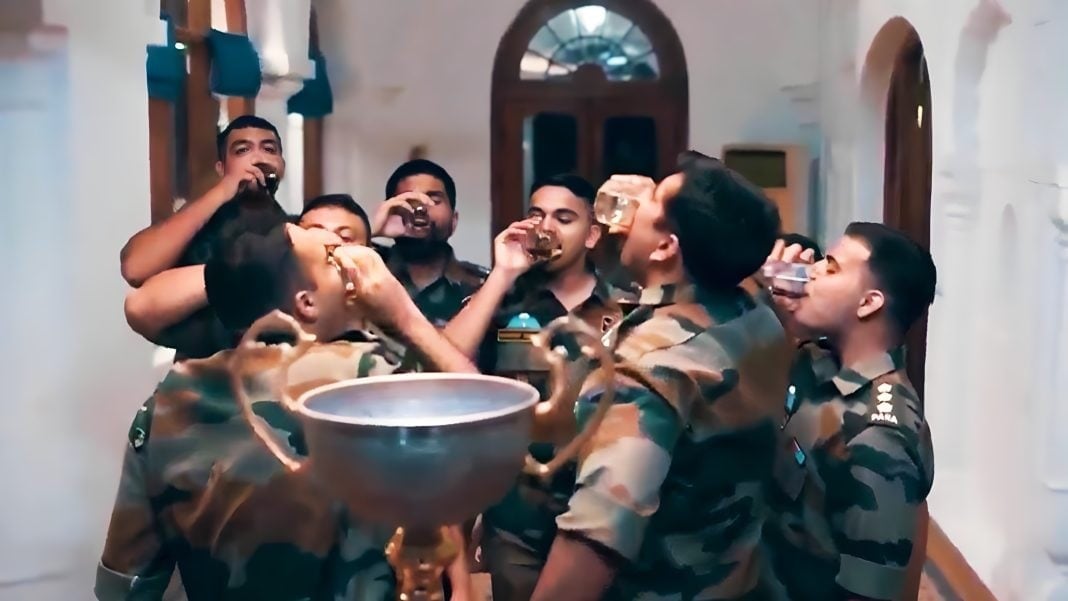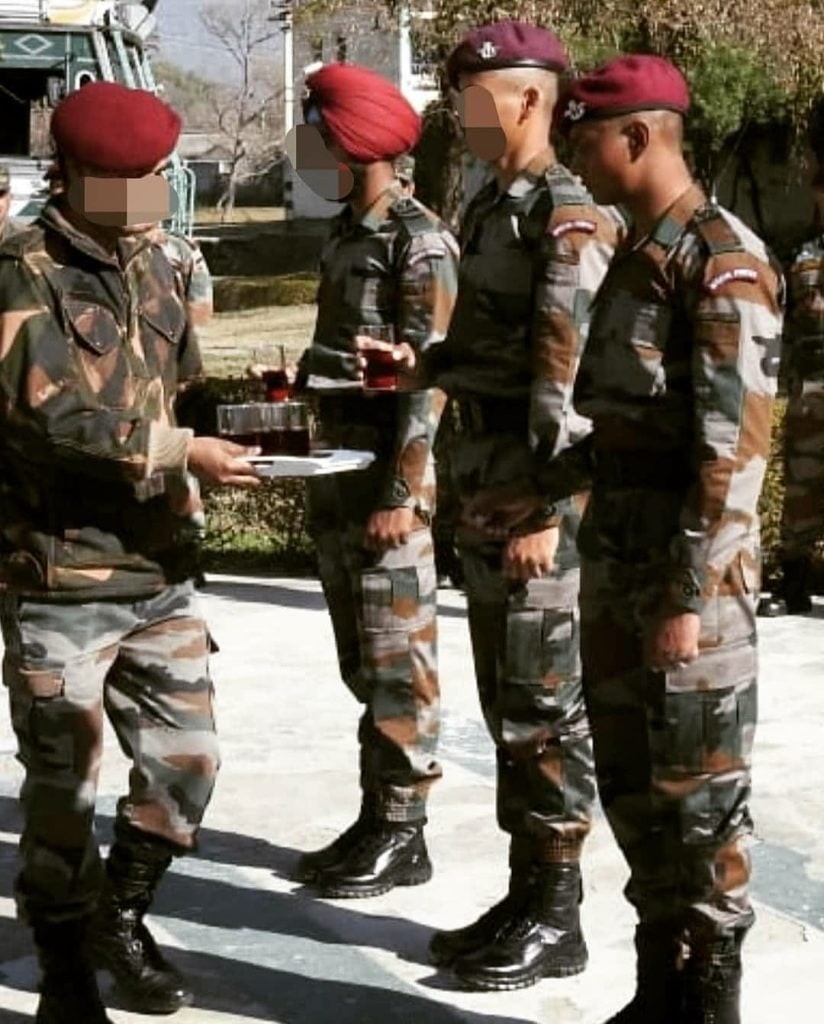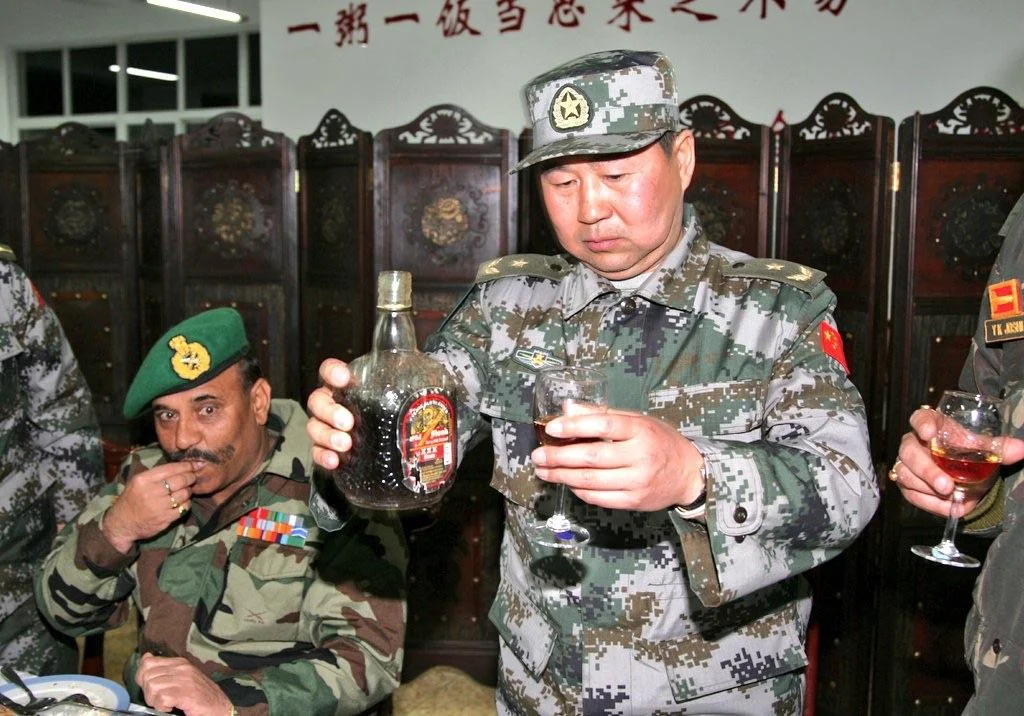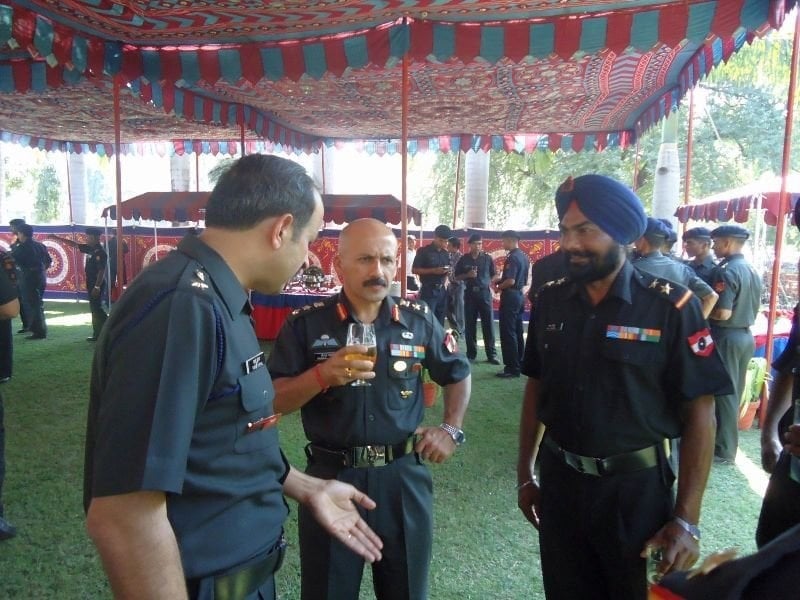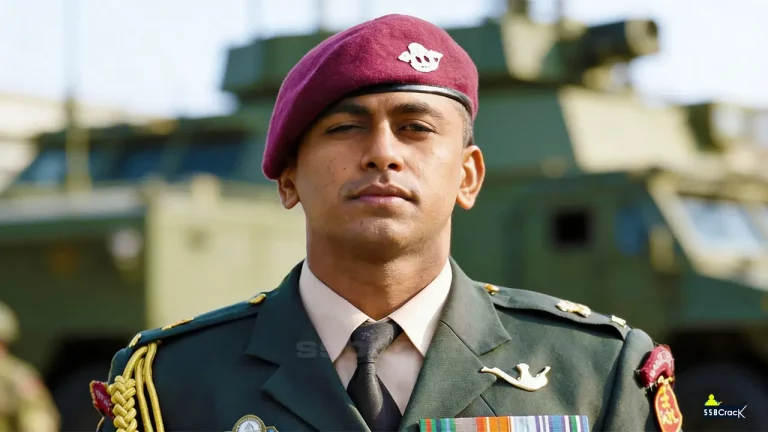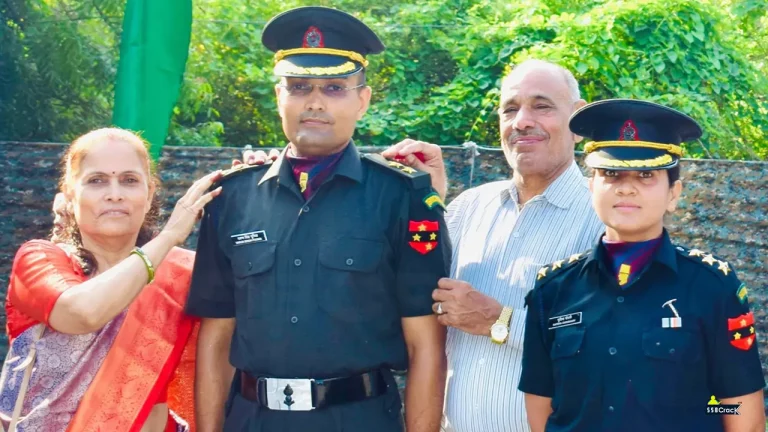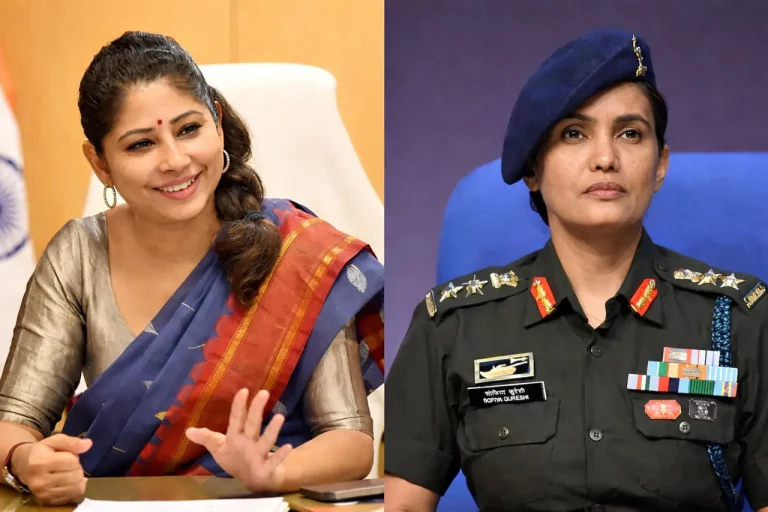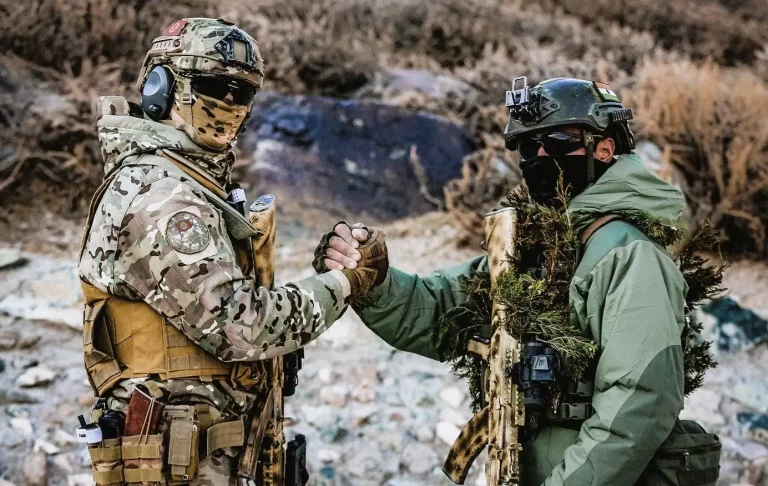The relationship between the Indian Army and alcohol is both intricate and multifaceted. While many might assume that a disciplined military organization would enforce a strict prohibition on alcohol consumption, the reality is far more complex.
This article explores the Indian Army: Why Alcohol Isn’t Banned , it’s historical context, cultural significance, and the ongoing debates surrounding alcohol use within the Indian Army, ultimately addressing the question: why isn’t alcohol banned in the Indian Army.
Also Read | What Is a No-Fly Zone and Why Is It Important?
Historical Context of Alcohol in the Indian Army
Colonial Legacy
The roots of alcohol consumption in the Indian Army can be traced back to the colonial era. During British rule, the British Indian Army had a well-established tradition of allowing alcohol, particularly among its officers. This practice was not merely a matter of personal choice; it was embedded in the military culture of the time. Even after India gained independence, this legacy continued, and the newly formed Indian Army chose to maintain certain allowances for alcohol consumption.
Evolution Over Time
As the Indian Army evolved through various conflicts and peacekeeping missions, the perception of alcohol within its ranks also transformed. Initially viewed as a means of fostering camaraderie and morale, alcohol began to be scrutinized for its potential negative impacts. Nevertheless, the historical acceptance of alcohol has shaped current policies and practices.
Cultural Significance
In many regions of India, alcohol holds significant cultural and social value. The Indian Army, comprising personnel from diverse backgrounds, recognizes this cultural context. An outright ban on alcohol could be perceived as an infringement on personal freedoms, which is why the Army has opted for a more nuanced approach.
Reasons for Not Banning Alcohol in the Indian Army
Cultural Sensitivity
One of the primary reasons the Indian Army refrains from imposing a complete ban on alcohol is its acknowledgment of the cultural significance of alcohol in various parts of India. Many soldiers come from backgrounds where alcohol is an integral part of social gatherings and celebrations. Banning it outright could lead to resentment and a sense of alienation among personnel.
Promoting Camaraderie
Alcohol, when consumed responsibly, can serve as a social lubricant that fosters camaraderie among troops. The shared experience of enjoying a drink can help build stronger bonds and enhance unit cohesion, particularly during off-duty hours. This sense of belonging is vital for maintaining morale, especially in high-stress environments.
Balancing Discipline and Freedom
The Indian Army is tasked with maintaining a high level of discipline while also respecting the personal liberties of its personnel. A total ban on alcohol could create an environment of resentment and rebellion, undermining the very discipline the Army seeks to uphold. By allowing moderate consumption, the Army aims to strike a balance between enforcing discipline and respecting individual choices.
The Impact of Alcohol on the Indian Army
Positive Aspects
Proponents of alcohol consumption within the Indian Army argue that moderate drinking can have positive effects on morale. Social gatherings that include alcohol can enhance relationships among soldiers, leading to improved teamwork and cooperation. This camaraderie is essential for operational effectiveness, particularly in challenging situations.
Negative Consequences
On the flip side, critics highlight the potential downsides of alcohol consumption. Incidents of alcohol-related misconduct, such as disciplinary infractions and accidents, can pose significant challenges to the Army’s operational readiness. The health implications of excessive drinking are also a concern, as they can impact soldiers’ physical and mental well-being.
Regulatory Measures
To mitigate the negative consequences associated with alcohol consumption, the Indian Army has implemented various regulatory measures. These include establishing designated areas for alcohol consumption, enforcing strict policies on sales, and providing support services for those struggling with alcohol-related issues. These measures aim to create a controlled environment that prioritizes both safety and social enjoyment.
Regulatory Framework for Alcohol Consumption
Designated Areas
The Indian Army has established specific “wet” and “dry” zones within its military bases. In wet areas, alcohol consumption is permitted, while dry areas strictly prohibit it. This zoning helps manage where and when alcohol can be consumed, thereby reducing the likelihood of misconduct.
Purchase Regulations
The Army has instituted strict regulations regarding the sale and distribution of alcohol. These rules limit the quantity and frequency of purchases, ensuring that consumption remains moderate and responsible. Such measures help prevent excessive drinking and its associated risks.
Support Services
Recognizing that some personnel may struggle with alcohol-related issues, the Indian Army provides counseling and support services. These initiatives aim to assist soldiers in managing their drinking habits and addressing any underlying issues, contributing to a healthier and more disciplined environment.
Comparisons with Other Military Forces
Global Perspectives
The Indian Army’s approach to alcohol consumption differs significantly from that of other armed forces worldwide. For instance, the United States military enforces a strict zero-tolerance policy regarding alcohol, reflecting its commitment to maintaining discipline and operational readiness. In contrast, the British Armed Forces adopt a more permissive stance similar to that of the Indian Army, allowing for moderate consumption within a regulated framework.
Cultural Influences
These differing policies are often influenced by the cultural contexts of each nation’s military. The United States, with its emphasis on discipline and order, has taken a hardline stance against alcohol. Meanwhile, countries like India, where social drinking is more culturally accepted, have opted for a balanced approach that acknowledges the role of alcohol in fostering camaraderie.
Also Read | All About Indian Army Regiments
Controversies and Debates
Criticism of Permissive Policies
The Indian Army’s permissive stance on alcohol consumption has sparked considerable debate. Critics argue that allowing alcohol can undermine discipline and jeopardize the safety of personnel. They point to incidents of misconduct and the potential for accidents as evidence of the dangers associated with alcohol use in a military setting.
Defense of Moderate Consumption
Conversely, supporters of alcohol consumption argue that a moderate approach can enhance morale and foster stronger bonds among soldiers. They contend that when consumed responsibly, alcohol can serve as a valuable tool for building camaraderie and improving unit cohesion.
Ongoing Discussions
As the debate continues, the Indian Army must navigate the complexities of alcohol consumption within its ranks. Striking a balance between maintaining discipline and respecting personal freedoms will remain a challenge as the Army evaluates its policies and practices.
Alcohol and Camaraderie in the Indian Army
Building Relationships
One of the primary arguments in favor of allowing alcohol consumption in the Indian Army is its potential to strengthen relationships among personnel. Shared experiences, such as enjoying a drink together, can foster a sense of unity and belonging. This camaraderie is especially important during off-duty hours when soldiers can unwind and connect with one another.
Enhancing Team Dynamics
The bonds formed through social interactions involving alcohol can translate into improved teamwork on the battlefield. Soldiers who feel connected to their peers are more likely to collaborate effectively, enhancing overall operational effectiveness. The Army recognizes that these social dynamics play a crucial role in maintaining a cohesive unit.
Cultural Celebrations
Alcohol often plays a role in cultural celebrations and rituals within the military. Events such as promotions, retirements, and festivals provide opportunities for soldiers to come together and celebrate their achievements. In these contexts, moderate alcohol consumption can enhance the festive atmosphere and contribute to a sense of community.
Addressing Alcohol-Related Incidents
Disciplinary Actions
Despite the measures in place to regulate alcohol consumption, the Indian Army has faced its share of alcohol-related incidents. These can range from minor disciplinary issues to more serious infractions that jeopardize safety. The Army has established strict disciplinary actions for those who violate alcohol policies, including demotion, suspension, or even dismissal from service.
Health Concerns
The health implications of alcohol consumption are also a significant concern. Excessive drinking can lead to physical and mental health issues, impacting soldiers’ performance and overall well-being. The Army is committed to addressing these health risks through education and support services.
Balancing Safety and Enjoyment
The challenge for the Indian Army lies in balancing the need for safety and discipline with the cultural significance of alcohol. By implementing regulatory measures and providing support services, the Army aims to create an environment that allows for responsible consumption while minimizing risks.
Future Considerations
Evolving Perspectives
As societal attitudes toward alcohol continue to evolve, the Indian Army may need to reassess its policies and practices. Ongoing discussions about alcohol consumption and its implications for military readiness will shape future decisions.
Research and Evaluation
The Army can benefit from conducting research on the effects of alcohol consumption on personnel and operational effectiveness. By evaluating the impact of its current policies, the Army can make informed decisions that prioritize both discipline and the well-being of its soldiers.
Training and Education
Enhancing training and education around responsible alcohol consumption is crucial. The Army can implement programs that promote awareness of the risks associated with excessive drinking and provide resources for personnel to make informed choices.
Also Read | The Moment Every Defence Aspirant Aspires For
Conclusion
The question of why alcohol isn’t banned in the Indian Army is multifaceted. While there are valid arguments on both sides of the debate, the Army has chosen to maintain a nuanced approach that recognizes the cultural significance of alcohol while implementing measures to mitigate potential negative impacts. The ongoing discussions surrounding alcohol consumption reflect the complexity of balancing discipline, morale, and personal freedoms within a military context.
FAQs
1. Is alcohol consumption completely prohibited in the Indian Army?
No, alcohol consumption is not completely banned. There are designated areas where it is permitted, and regulations are in place to control its use.
2. What measures does the Indian Army take to regulate alcohol consumption?
The Army establishes wet and dry zones, enforces purchase regulations, and provides support services for personnel struggling with alcohol-related issues.
3. How does alcohol consumption impact morale in the Indian Army?
Moderate alcohol consumption can enhance camaraderie and build stronger relationships among soldiers, contributing positively to morale.
4. What are the consequences of alcohol-related misconduct in the Indian Army?
Disciplinary actions can include demotion, suspension, or dismissal from service for those who violate alcohol policies.
5. Why is alcohol culturally significant in the Indian Army?
Alcohol holds cultural value in many regions of India, and its responsible consumption is seen as a means of fostering social connections among personnel.
